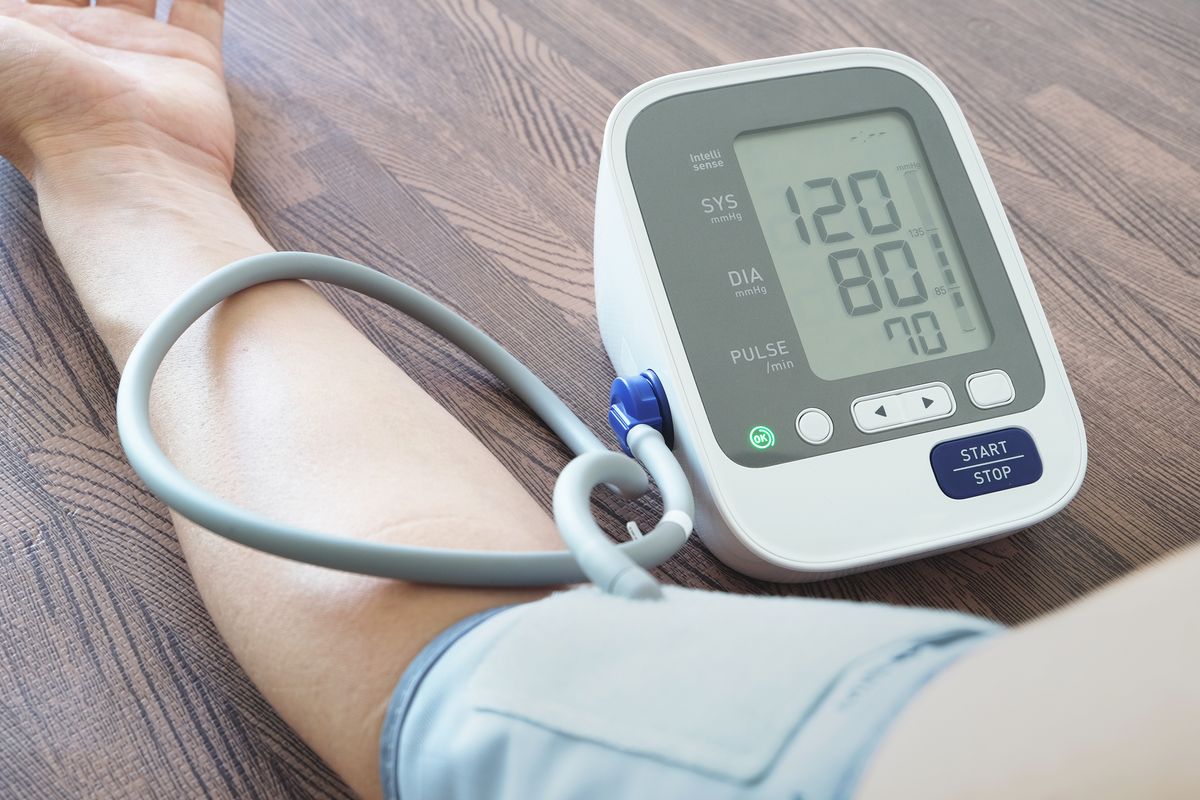But if left untreated, it can lead to serious health problems, including heart disease and stroke, and can even be fatal. The good news is that new research has shown that lowering blood pressure levels may even extend one's lifespan.
A recent study conducted by the University of Liverpool in the United Kingdom, in collaboration with the Institute of Translational Medicine in Switzerland and Harvard Medical School, has shown that a drug called rilmenidine may have the potential to increase lifespan. The study, published in the journal Aging Cell, looked at the effects of rilmenidine on roundworms and found that it resulted in a 20 percent increase in lifespan, with benefits seen in both young and old specimens.
While further research is needed to determine the drug's effects on humans, it is important to be aware of the signs and symptoms of hypertension. If you are concerned about your blood pressure levels, it is important to talk to your doctor about regular check-ups and the best course of action for you.
So don't wait, take control of your health today and prioritize monitoring and managing your blood pressure levels to ensure a longer, healthier life.
1) What is Hypertension
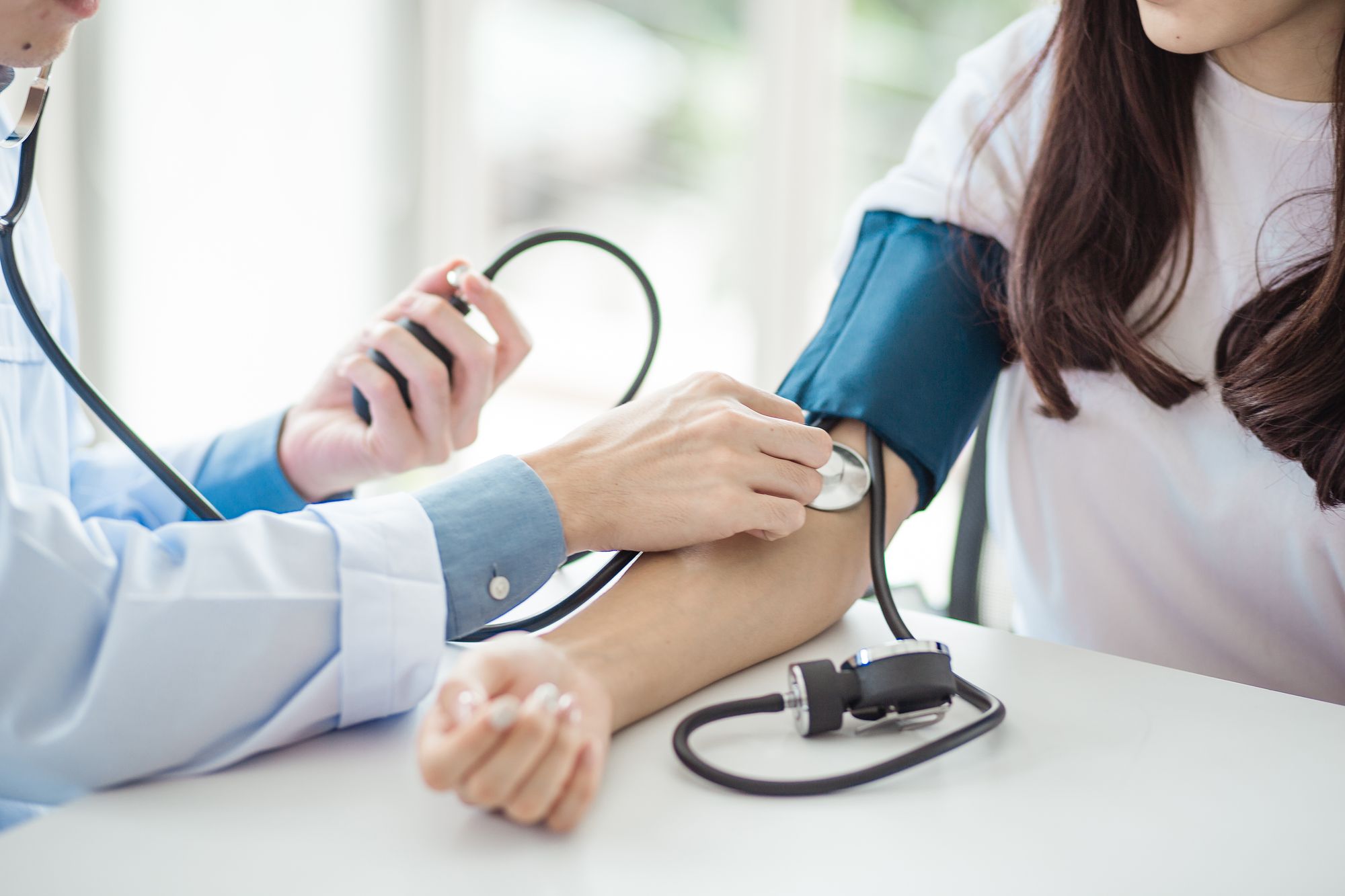
Hypertension, or high blood pressure, is a condition in which the force of the blood against the walls of the arteries is consistently too high. According to Blue Cross Blue Shield, over 70 million Americans are affected by this condition, which is a leading cause of serious health issues, including stroke, heart attack, kidney disease, and even death.
To understand hypertension, it is important to know about the two numbers that are used to express it: systolic and diastolic blood pressure. Systolic blood pressure, the higher number, measures the pressure from the contraction of the heart's left ventricle. The lower number, diastolic blood pressure, measures the relaxation of the heart's left ventricle. These numbers are expressed in millimeters of mercury (mm Hg) and are taken using a blood pressure cuff placed around your arm by a doctor.
According to Dr. Raoul Hermanns, a physician in the Netherlands, normal blood pressure is defined as a systolic pressure of less than 120 mm Hg and a diastolic pressure of less than 80 mm Hg, expressed as 120/80 or "one twenty over eighty." Elevated blood pressure, which is not quite high blood pressure, is defined as a systolic pressure of 120 to 129 and a diastolic pressure less than 80. Hypertension, or high blood pressure, is defined as a systolic pressure of 130 or higher, or a diastolic pressure of 80 or higher.
It is important to note that a blood pressure reading higher than 180/120 mm Hg is considered a hypertensive emergency and requires immediate medical attention.
In conclusion, it is crucial to monitor and manage your blood pressure levels to prevent the dangers of hypertension. If you are concerned about your blood pressure, talk to your doctor about regular check-ups and the best course of action for you.
2) Identifying Symptoms of Hypertension: Are You at Risk?
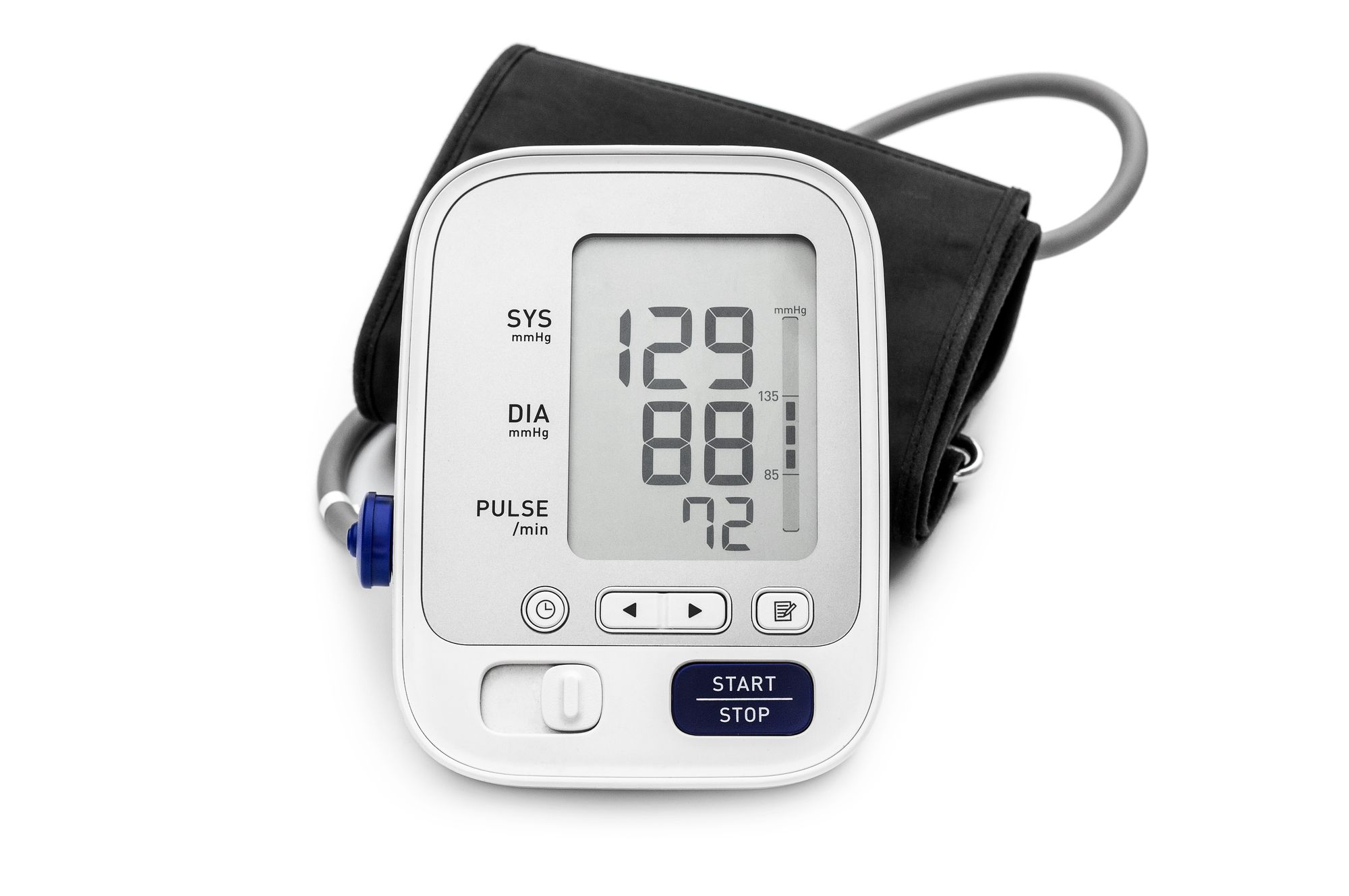
High blood pressure, also known as hypertension, is a condition that affects millions of people globally. The problem with hypertension is that it is often referred to as the "silent killer" as it usually doesn't show any symptoms until it's too late. This is why it's crucial to regularly monitor your blood pressure to ensure that it remains within the healthy range.
According to the Mayo Clinic, it's advisable to check your blood pressure at least every two years starting from age 18. If you have any risk factors such as smoking, lack of physical activity, unhealthy diet, obesity, or any other underlying conditions, then it's recommended to have more frequent check-ups. For people who are 40 years and above, it's recommended to have your blood pressure checked at least once a year. In case you have been diagnosed with hypertension, your doctor may advise more frequent monitoring.
There are several options available for checking your blood pressure. You can visit your doctor or get a free screening at health fairs, community clinics, or at some pharmacies that have public blood pressure machines. You can also consult your pharmacist for further guidance on where to get your blood pressure checked.
In conclusion, regular monitoring of blood pressure is crucial for maintaining good health and avoiding the serious consequences that come with hypertension. Don't wait until it's too late, take control of your health today and get your blood pressure checked regularly.
3) Recognizing the Warning Signs of Hypertension
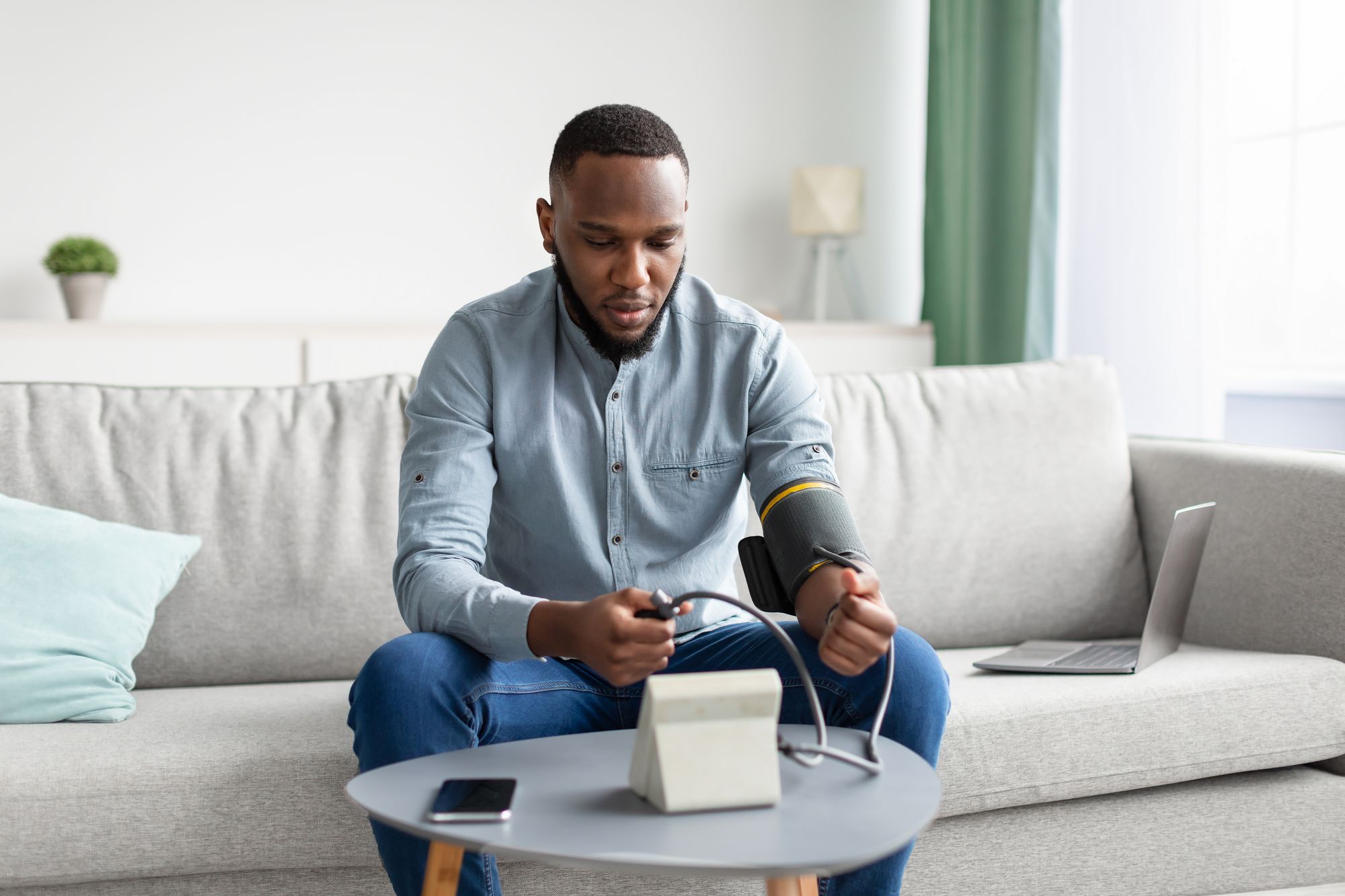
Hypertension, also known as high blood pressure, is a common condition that affects millions of people globally. It's often referred to as the "silent killer" as it doesn't show any symptoms until it's too late. This is why it's essential to regularly monitor your blood pressure to ensure that it remains within the healthy range.
Many people believe that hypertension causes symptoms such as nervousness, sweating, difficulty sleeping, or facial flushing. However, according to the American Heart Association, this is a myth. There are no specific symptoms of hypertension.
The association states that the best evidence indicates that high blood pressure does not cause headaches or nosebleeds, except in the case of a hypertensive crisis, which is a medical emergency when blood pressure is 180/120 mm Hg or higher. In such cases, if you experience a headache or nosebleed and feel unwell, it's recommended to wait for five minutes and retest your blood pressure. If your reading remains at 180/120 mm Hg or higher, you should call 911 immediately.
In conclusion, don't rely on symptoms to diagnose hypertension. The only way to know if you have high blood pressure is to measure your blood pressure regularly. Keep your blood pressure in check and take control of your health today.
4) Strategies for Achieving and Maintaining Normal Blood Pressure

According to Dr. Thomas, some of the major risk factors for primary hypertension include family history, increasing age, obesity, high sodium diet, alcohol consumption, and physical inactivity. He advises checking for hypertension if you are taking prescription or over-the-counter medications, have kidney disease or endocrine disorders, or have a significant narrowing of the aorta or kidney artery.
Dr. Leigh Simmons, a general internist at Massachusetts General Hospital and the medical director of the Mass General Health Decisions Sciences Center, highlights some important steps you can take to lower your blood pressure reading. "Incorporating physical activity into your daily routine can make a big difference in lowering your blood pressure," he says. "Aim for regular exercise that raises your heart rate for at least 150 minutes a week."
Dr. Simmons also emphasizes the importance of reducing salt intake and avoiding processed foods and eating out too often. "Lowering the amount of salt you consume can make a significant impact on your blood pressure," he says. "And finally, reducing or quitting alcohol can also help lower your blood pressure."
In conclusion, by making simple changes in your lifestyle and diet, you can lower your blood pressure and reduce the risk of hypertension. Take control of your health today and start making positive changes that will benefit your well-being in the long-term.
5) Managing the Dangers of Unregulated High Blood Pressure
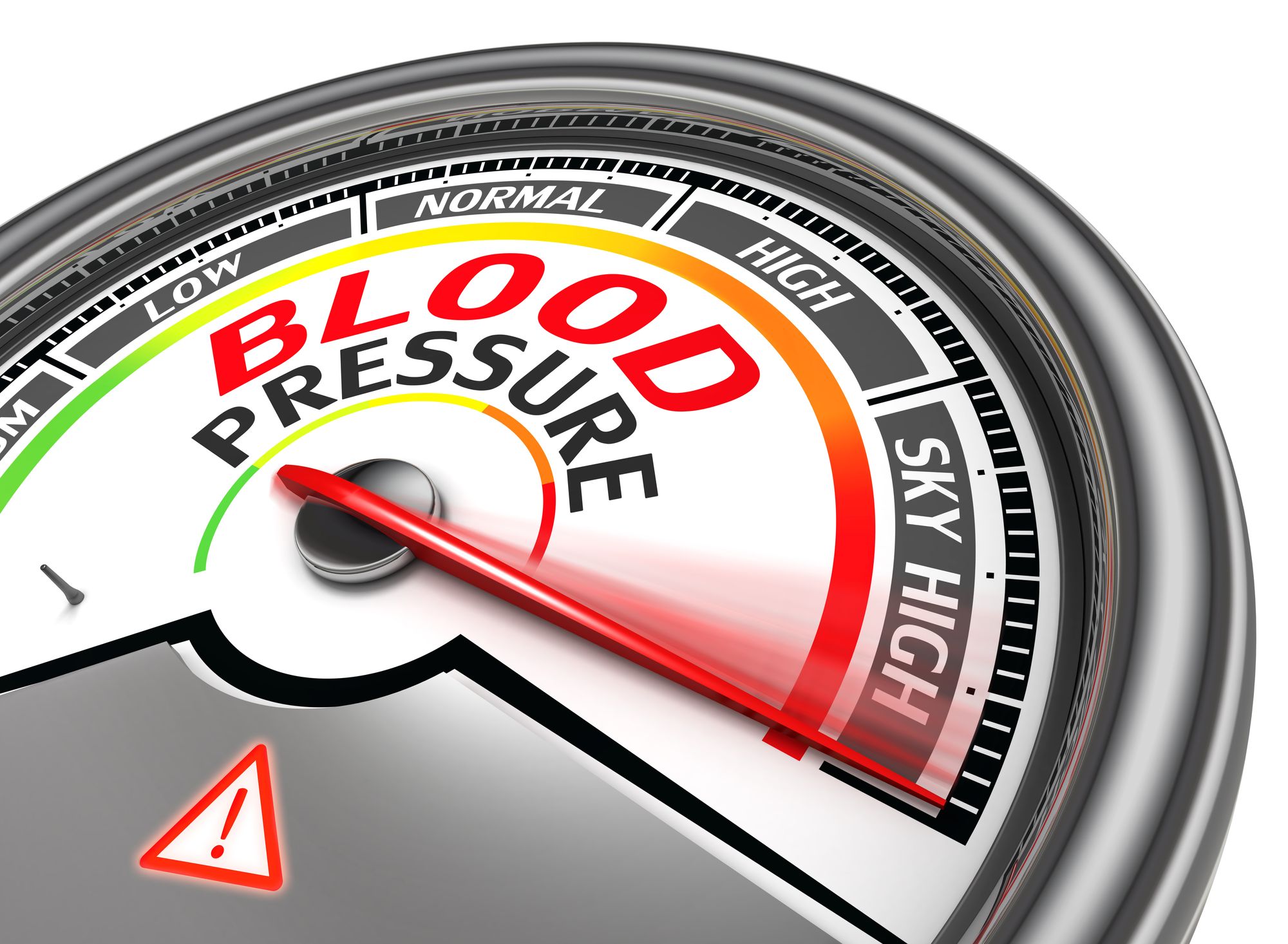
According to Dr. Leigh Simmons, uncontrolled high blood pressure can have serious consequences for your health. High blood pressure thickens the walls of your arteries, making it more difficult for blood to reach your brain, legs, and toes. "Good blood flow is crucial to the health of these parts of the body," he says.
In addition to impeding blood flow, uncontrolled high blood pressure can also weaken the walls of your arterial blood vessels and cause aneurysms, which are bulges that can burst and cause damage to your organs. "Aneurysms can form in the chest, abdomen, and brain," warns Dr. Simmons.
The health risks of uncontrolled high blood pressure are numerous and serious. "Hypertension can lead to heart disease, heart failure, coronary artery disease, stroke, vision loss, kidney disease, and aneurysmal disease," says Dr. Simmons. To prevent these outcomes, it is important to manage your blood pressure by making lifestyle changes and following your doctor's recommendations for medication and monitoring.

